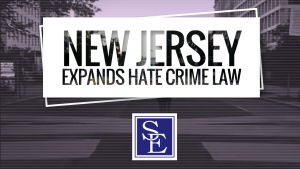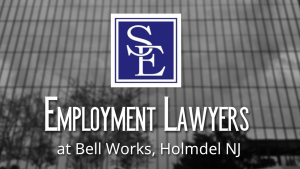New Jersey Governor Phil Murphy signed legislation this month that makes it a crime to use 911 as a tool to intimidate another person based on his or her race. The bill, which has already taken effect, was introduced to the State Senate on June 29, 2020. It amends and expands the state’s existing false public alarm statute to include false incrimination and filing a false police report as forms of bias intimidation when they are done in an attempt to intimidate or harass an individual or group of individuals because of race, color, religion, gender, disability, sexual orientation, gender identity or expression, national origin, or ethnicity.
 Bias intimidation has long been a crime in New Jersey, and it occurs when a person is the target of a crime specifically because of his or her race or other protected status. When this additional layer of intent is present in the commission of a crime, it is commonly referred to as a “hate crime”. The penalties for committing a hate crime or bias intimidation are usually harsher and in addition to the penalties for committing the underlying offense. The reason for the harsher penalties is that the charge of bias intimidation is generally considered a crime of one degree higher than the most serious underlying offense. For instance, let’s assume that a Caucasian man ran his car into an African American man as he crossed the street, causing serious bodily harm, and the Caucasian man did so because of his race. Because assault by auto resulting in serious bodily injury is a crime of the fourth degree, the Caucasian driver is subject to 18 months in prison and a $10,000 fine for assault by auto. When the additional charge of bias intimidation is considered, he is now facing an additional 3-5 years in prison and $15,000 fine.
Bias intimidation has long been a crime in New Jersey, and it occurs when a person is the target of a crime specifically because of his or her race or other protected status. When this additional layer of intent is present in the commission of a crime, it is commonly referred to as a “hate crime”. The penalties for committing a hate crime or bias intimidation are usually harsher and in addition to the penalties for committing the underlying offense. The reason for the harsher penalties is that the charge of bias intimidation is generally considered a crime of one degree higher than the most serious underlying offense. For instance, let’s assume that a Caucasian man ran his car into an African American man as he crossed the street, causing serious bodily harm, and the Caucasian man did so because of his race. Because assault by auto resulting in serious bodily injury is a crime of the fourth degree, the Caucasian driver is subject to 18 months in prison and a $10,000 fine for assault by auto. When the additional charge of bias intimidation is considered, he is now facing an additional 3-5 years in prison and $15,000 fine.
The state’s new law addressing racially-motivated 911 calls and false police reports appears to work slightly differently, however, by merging bias intimidation with the underlying crime. The statute (found at N.J.S. 2C:33-3), has been amended to add:
 New Jersey Employment Lawyers Blog
New Jersey Employment Lawyers Blog


